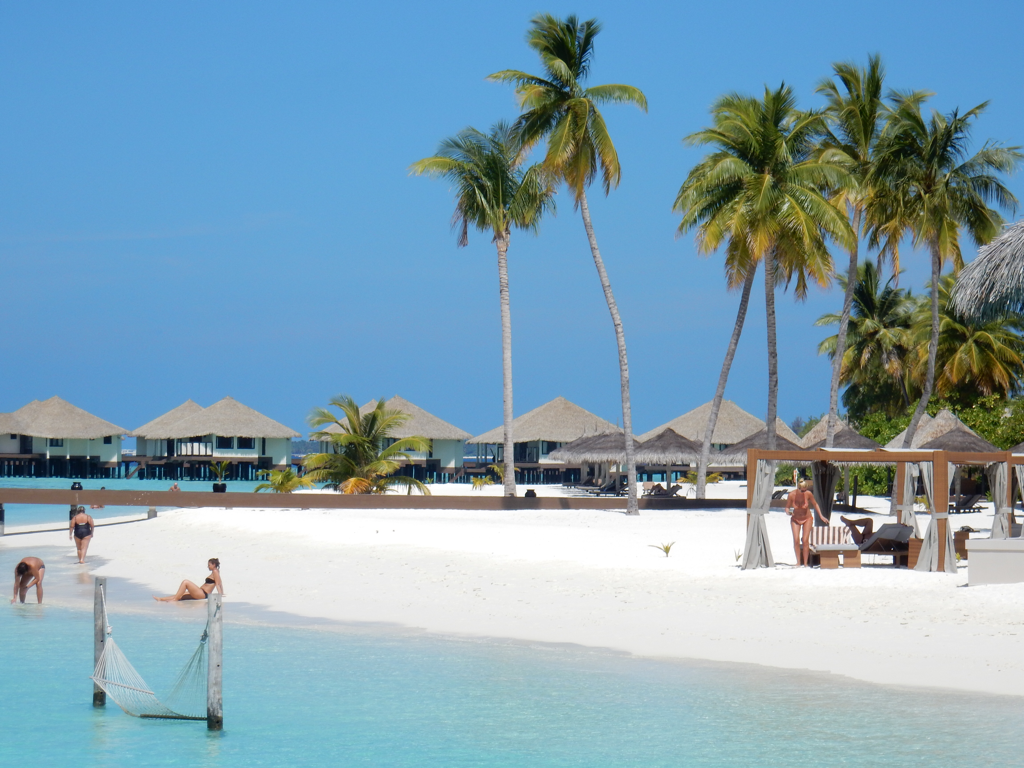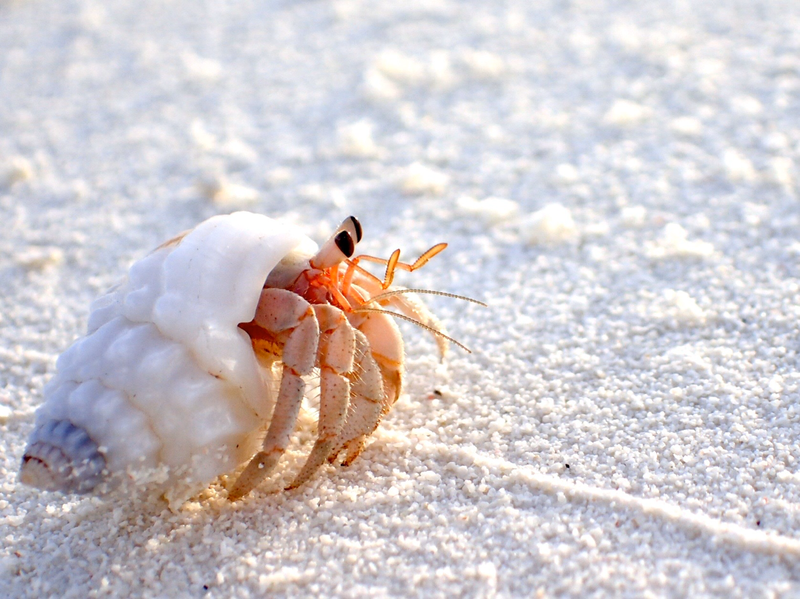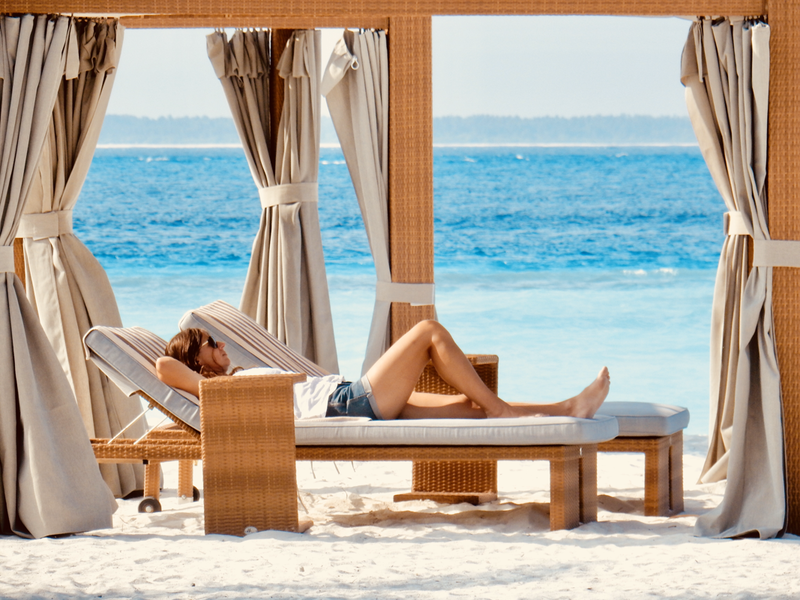|
There is no doubt that the word ‘beautiful’ is an understatement when describing the Maldives, and ashamedly we’ve been there three times. Yet recently we’ve begun to think more deeply about it’s future, and it is concerning. But first, let’s start with the good. Crystal blue lagoons with water you’d mistake for gin, brilliant talcum powder beaches and coconut trees swaying softly in the breeze, sunsets that would make even a grown man weep, and beautifully refined resorts where you feel like a superstar. That’s right, there’s no question this is paradise, but when you see it on lists like ‘10 Places to Visit Before they Disappear’ then you have to begin to worry. The islands are at the very forefront of climate change. The very existence of the islands and the people that rely on tourism for their income are under significant threat. According to the World Bank, with "future sea levels projected to increase in the range of 10 to 100 centimeters by the year 2100, the entire country could be submerged".
It seems ironic that tourism, the very thing that’s provided economic prosperity to the Maldives since the 1970’s, is now the very thing that is contributing to its climate woes. Our insatiable appetite for travel is causing climate impacts the world over like never before. In a climate like the Maldives, air conditioners run in every villa, every day, at every resort and homestay on almost every one of its 1000 plus islands. Seaplanes and boats use large amounts of fuel shuttling around over one million visitors a year from island to Island, and don’t forget the food miles required to feed everyone, and of course the waste. So where does all this trash go? Thilafushi, the trash island of course! Thilafushi was once your typical pristine lagoon but it’s now the chosen location to store the growing amount of waste produced by the booming tourism industry. It’s estimated that 300 tons of rubbish, much of it from resorts is dumped daily on Thilafushi. To avoid it spilling into the sea, much of the rubbish is burned which at times can create a haze that many visitors dismiss as ‘sea fog’. As scuba divers, over the years we have seen the degradation of the islands coral reefs. Like many places in the world, warming seas have caused mass coral bleaching events with coral turning to ghostly shadows, and unsustainable tourism and fishing practices have turned some coral reefs into piles of rubble. While many of the region’s luxury resorts are now carving out a niche as leaders in sustainable and eco-friendly tourism through efforts in; marine conservation, growing their own food to minimize food miles, and capturing rainwater for guest drinking water in reusable glass bottles, is this enough? With more and more islands being built and visitor numbers expected to increase significantly, the Maldives will have the ever greater challenge of managing their waste and carbon footprint. The challenge for us all is how we travel as responsibly and sustainably as we can. Yes it’s inconvenient, but necessary to save the places we love.
1 Comment
|
|



